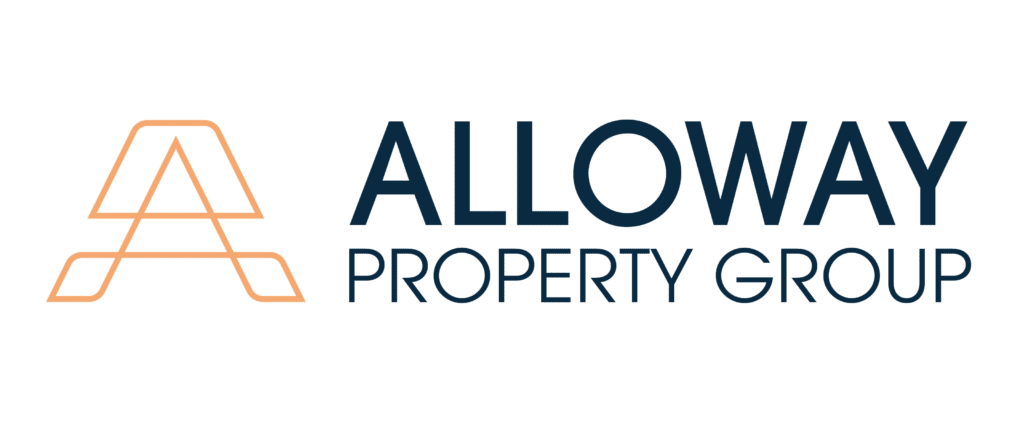If you’ve been thinking about buying a condo, chances are, you’re doing some research. If so, you may have come across some unfamiliar terms. One of these terms thrown around is “Status Certificate”.
So, what exactly is a Status Certificate, and does it matter when buying or selling condos? A status certificate is one of the most important documents you will encounter in buying and selling Condominiums. The consequences of ignoring this document could be catastrophic.
What is a Status Certificate?
A Status Certificate is a document disclosing the Financial Status of a Condominium Unit and Corporation. The Condominium Act in Ontario mandates the document. According to the Condominium Act, the certificate Must Contain the following pieces of information:
- The common expenses for the unit and the default, if any, in payment of the common expenses;
- The increase, if any, in the common expenses for the unit that the board has declared since the date of the budget of the corporation for the current fiscal year and the reason for the increase;
- Assessments, if any, that the board has levied against the unit since the date of the budget of the corporation for the current fiscal year to increase the contribution to the reserve fund and the reason for the assessments;
- The corporation’s address for service;
- The names and address for service of the directors and officers of the corporation;
- The current declaration, by-laws and rules;
- All applications made under section 109 to amend the declaration for which the court has not made an order;
- All outstanding judgments against the corporation and the status of all legal actions to which the corporation is a party;
- A copy of the budget of the corporation for the current fiscal year, the last annual audited financial statements and the auditor’s report on the statements;
- Information about the Reserve Fund, Including:- The most recent reserve fund study and updates to it;- The amount in the reserve fund no earlier than at the end of a month within 90 days of the date of the status certificate, and- Current plans, if any, to increase the reserve fund under subsection 94 (8);
- A statement of those additions, alterations or improvements to the common elements, those changes in the assets of the corporation and those changes in a service of the corporation that are substantial and that the board has proposed but has not implemented, together with a statement of the purpose of them;
- A statement of the number of leased units during the fiscal year preceding the date of the certificate;
- A certificate or memorandum of insurance for each of the current insurance policies;
- A statement of the amounts, if any, that this Act requires be added to the common expenses payable for the unit;
The status certificate may include more information, such as recent by-law updates.
How Much Does it Cost?
The Condominium Act allows for the Prescribed Fee for a Status Certificate to be up to $100, inclusive of HST (if applicable). The intention of this fee is to compensate the management company for the time taken to gather and provide the latest information about a condominium unit. In Ontario, there is no government authority responsible for collection or remittance of the prescribed fee.
Condo Corporations & their management companies can charge, collect, and keep proceeds from the fee. Any allusion to the (often) $100 fee being a government mandated amount is false, along with indications that this money is collected and forwarded to the government.
How Does a Status Certificate Affect Me?
In Ontario, condominium corporations do not provide limited liability. The owners of the condominium units are personally liable for the debts of the corporation.
A Status certificate is a quick way to check if the condominium is in debt or at risk of going into debt. It would also include the amount of which the unit in question would be responsible for.
Besides this, the Status certificate will inform you if the condominium unit in question is in default of its payment of common expenses. According to the Condominium Act, a default of common expenses creates an automatic lien placed against the unit. In other words, the Condominium Corporation can take action to recover the amount owed to them.
The lien can exist without being registered on title for up to 3 months. It is the only way to be certain the unit is free and clear. A title search by a lawyer wouldn’t show the unregistered lien. Purchasing the condo with the lien would leave you responsible for debt you didn’t know about.
At Alloway Property Group, our agents and Lawyers review this status certificate. Our expert team will sit down with you and go over any issues, as well as explain the implications.
How Do I Request a Review?
While there’s nothing stopping you from reviewing the Status Certificate yourself, its highly recommended to have an Ontario Lawyer review the Status Certificate. Lawyers can spot legal issues that exist or may arise during your period of ownership of the condominium.
It is imperative to review the status certificate prior to entering into a binding agreement of purchase and sale.
Using Catalyst’s team of expert REALTORS® and Lawyers provides buyers & sellers with review of the Status Certificate. Commissions cover the Legal Fees for these services.
How long is a Status Certificate Valid for in Ontario?
As outlined in the Condominium Act, The Status Certificate is valid only for the day it is issued. The author of the certificate can make no representations or warranties beyond the date issued.
The Status Certificate is valid ONLY for the day it is issued.
With that in mind, most lawyers will consider a certificate to be acceptable if reviewed within 7 days of its issuance. This timeframe may vary depending on the situation.
What if I cannot Get a Status Certificate?
Corporations must produce a status certificate within 10 days. This time limit begins immediately following request for the certificate it in writing, and paying the prescribed fee. For most online orders, condo corporations consider it received and paid at commencement of the following business day.
If you don’t receive a Status Certificate, you are told to treat the situation as if one were provided. You can make and rely on certain assumptions & you are not at fault if you rely on this information. You can assume:
- There has been no default in the payment of common expenses for the unit.
- The board has not declared any increase in the common expenses for the unit since the date of the budget of the corporation for the current fiscal year.
- The board has not levied any assessments against the unit since the date of the budget of the corporation for the current fiscal year to increase the contribution to the reserve fund. 1998, c. 19, s. 76 (5).
How do I order a Status Certificate?
Catalyst includes legal fees associated with the transaction in the standard commission you already pay. If you’re working with us, we will take care of the Status Certificate, at no charge.
However, if you’d still like to take it upon yourself to order one, you have to contact the Property Management Company that provides service to the building, and pay the fee. If you need to find your property management company, the Condominium Authority of Ontario keeps a free Public Registry.
There are certain sites that have made the process easier. These companies keep a directory of Property Management Companies associated with buildings, and request the certificate on your behalf.
Who Pays For the Status Certificate?
In a Real Estate Transaction, the status certificate can be paid for by either the buyer or the seller. In markets where multiple, firm offers are common, it is typically prudent for the Seller to order the certificate prior to the property being placed on the market.
No regulation in Ontario mandates who must pay for the Status Certificate
Is There a Status Certificate Form?
Presently, the Condominium Act does not mandate the form to be used in completing a Status Certificate. However, the Condominium Authority of Ontario offers both mandatory and optional template forms to make creation of documents easier for condominiums in Ontario. You can view those forms here.
A status certificate used to be referred to as “Form 13” in Ontario. This is a former term used to describe Status Certificates before changes to the Act were made.
Should I order a Status Certificate Before I Sell?
Sellers typically don’t have the responsibility to order, pay for, or review a status certificate (unless for marketing purposes). Yet, it might be a good idea for the following reasons:
- You Know What’s there. This can avoid surprises in the negotiation process upon review by the buyer – who may ask for a discount in price if they discover something against your favour.
- Don’t Delay the Sale. Most condominium transactions include the condition of review of a status certificate by the Buyer’s Lawyer. Providing one up front can waive off offers that are less serious, keeping the property on the market for the right buyer. This can be especially useful when dealing with multiple offers at once.
- You might Discover Something. You’ve been living in a building for a long time, only to discover that 80% of the units are leased. This may change your whole approach to Real Estate. Instead of selling, have you considered financing your property and leasing it out, turning it into an income-generating property?
A Status certificate is important in condominium real estate. Make sure you know how it could affect you!
Still have questions? Interested in Working with Alloway Property Group to assist with your condo buying or selling needs? Why not contact us for a free consultation.





